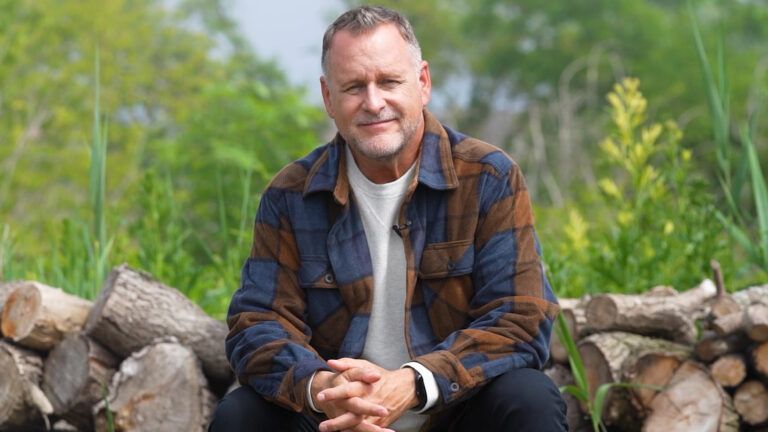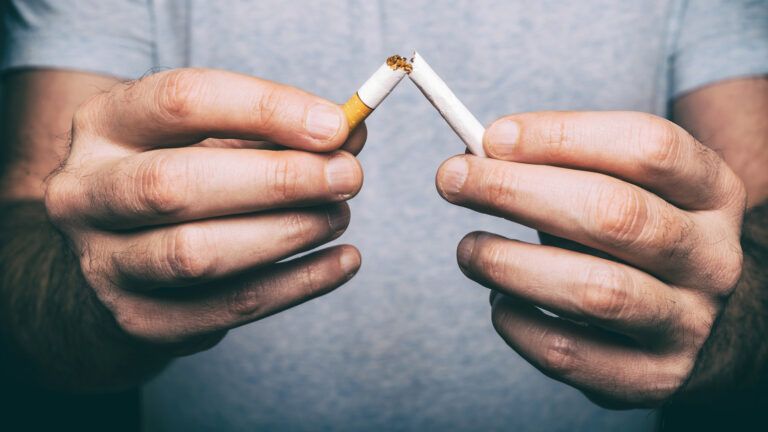Recovery from addiction can feel like a long, hard battle. But in fact, fighting is not the best way to approach substance abuse. People with substance use disorders often think they just need more willpower. They believe that by fighting hard enough, they can control their substance use or recover from addiction on their own.
Research simply does not support that view. The first step in 12-step recovery states: “We admitted we were powerless” over alcohol or other drugs. Such surrender is central to successful recovery. People who are sick must acknowledge their disease, admit their powerlessness and surrender themselves to a higher power and to the care of a supportive community.
Why is surrender, not willpower, the key to recovery? The answer lies in brain science. Prolonged use of controlled substances damages the prefrontal cortex, which is involved in problem-solving, self-awareness and controlling behavior. In other words, overuse of alcohol and other drugs damages the very part of the brain that could enable an addict to stop using. Telling someone with a substance use disorder to exercise more willpower is like telling someone with a broken leg to “walk it off.”
At the same time, alcohol and other drugs trigger a powerful release of the pleasure-inducing chemical dopamine in the brain’s reward system. People in recovery need alternative sources of reward. Friendship, affection and supportive companionship all trigger a similar release of dopamine in the brain.
Among the many reasons why 12-step recovery programs work, two stand out. First, the initial act of surrender to a higher power forces the brain to engage the prefrontal cortex in thought processes, such as self-reflection, long numbed by substance abuse. Like a muscle weak from disuse, the brain heals when it is forced into action.
Second, the community and accountability that are fostered by counseling, meetings and friendships with other recovering addicts reward the brain in healthy ways and keep addicts on track. Addiction is a disease of isolation. Recovery occurs in community. There’s no reason to go it alone.
Surrender sounds counterintuitive in the fight against addiction. When it comes to substance abuse, however, the key to recovery lies in giving up the fight.
DEAN DROSNES, M.D.
Associate Medical Director
Caron Treatment Centers





